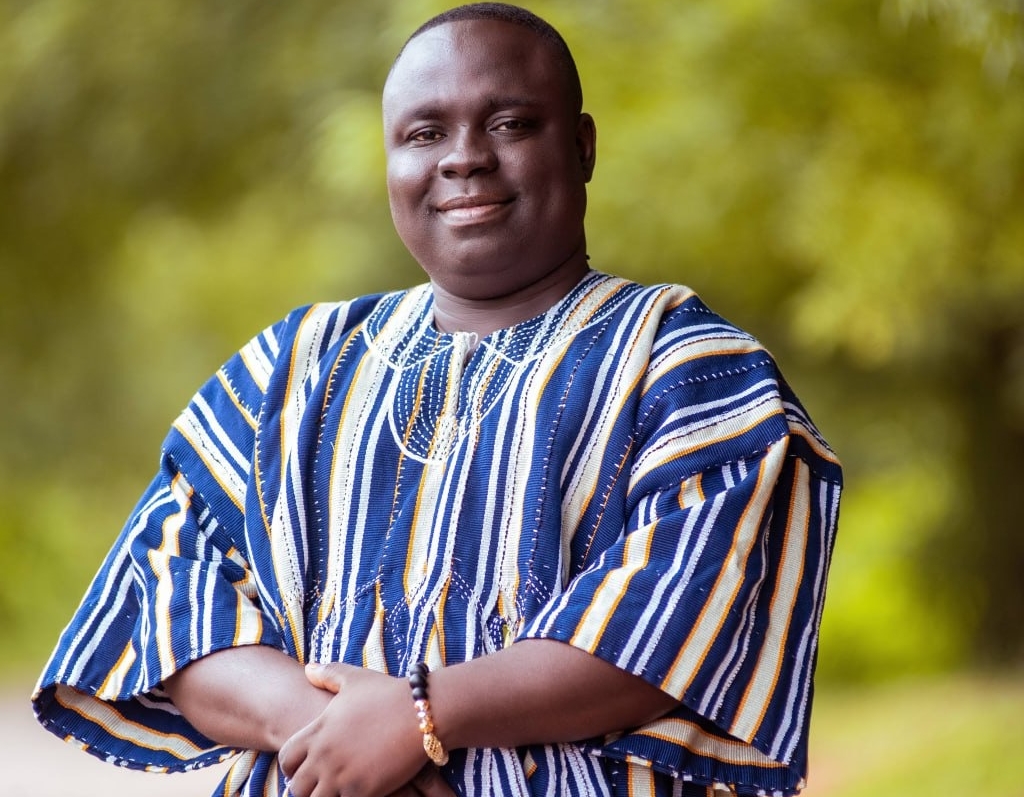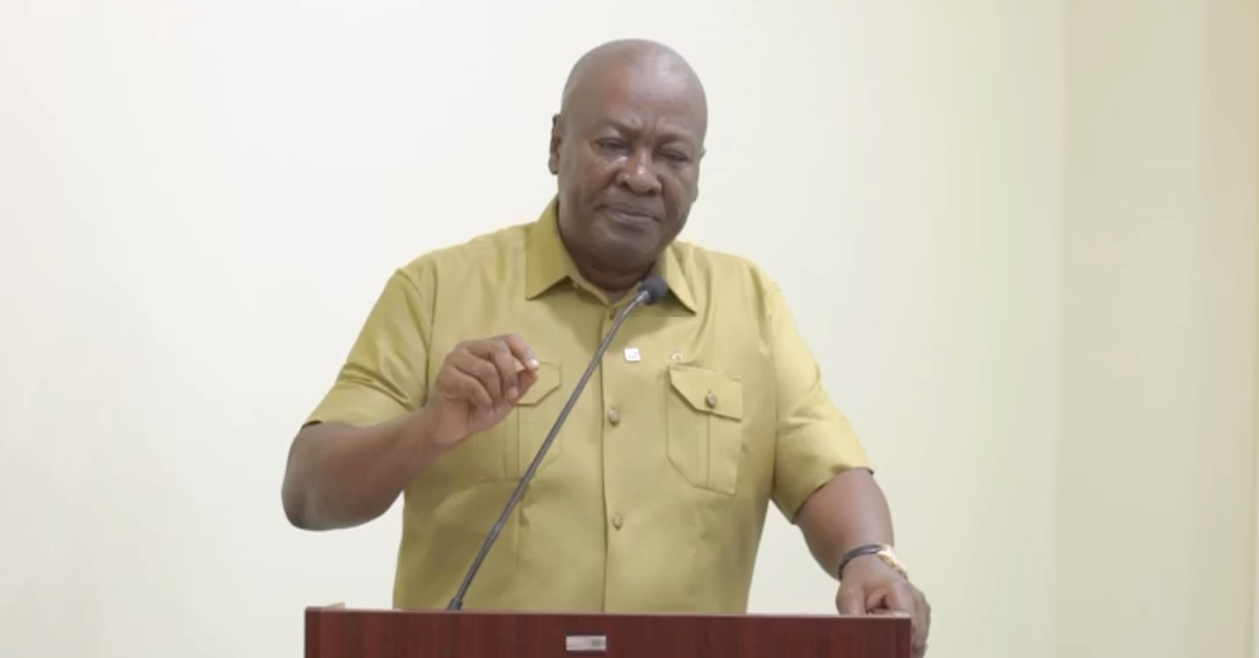As Ghana celebrates its 67th anniversary of independence, the nation proudly embraces the theme “Our Democracy, Our Pride,” it is important to reflect on our journey of freedom and self-determination and the essential roles that the media and a vibrant civil society have played in shaping the country’s democratic ethos.
This year’s theme prompts a critical examination: Could Ghana have been better or worse off without the contributions of these foundational pillars to its democracy?
The State of Free Press and Freedom of Speech
Freedom of speech is often heralded as the bedrock of democracy, and for a country like Ghana, which has been a beacon of democratic principles in Africa, its state reflects the nation’s democratic health.
Over the years, Ghana has enjoyed relatively high levels of press freedom compared to its African counterparts.
This freedom has been crucial for accountability, governance, and civic participation. However, challenges persist, including instances of censorship, intimidation, and the recent concerns over digital rights and freedoms.
These incidents raise questions about the robustness of Ghana’s commitment to free speech as an indispensable element of its democracy.
Without the contributions of the media, Ghana’s democratic journey could be markedly different.
A landscape without the rigorous oversight of the media might lead to unchecked government power, diminished accountability, and an uninformed populace, potentially eroding the very foundations of democracy and governance.
The role of the press in fostering public debate, exposing corruption, and advocating for reforms has been instrumental in Ghana’s development.
Thus, the absence of media could have led to a scenario where governance lapses go unchallenged, and public policies are made without the necessary scrutiny and debate.
Progress and setbacks in media development
The media landscape in Ghana has seen significant growth, with an increase in the number and diversity of media outlets. This growth has improved information dissemination and provided a platform for diverse voices. However, media development is not without its challenges.
Issues such as media polarization, lack of professional training, and financial sustainability hamper the quality of journalism and the industry’s development. The rise of social media, while enhancing information flow, has also introduced challenges related to misinformation and digital harassment.
The Vital Role of Civil Society
Civil society organizations (CSOs) in Ghana have been crucial in advocating for social change, human rights, and democratic governance.
They provide a voice for the marginalized, influence policy, and hold public officials to account. The vibrant civil society space in Ghana has contributed significantly to policy development, social justice, and community empowerment.
Imagining Ghana without the contributions of civil society presents a bleak picture. Without these organizations, many of the advances in human rights, accountability, environmental protection, and social welfare might not have been realized.
Civil society acts as a catalyst for social change and a crucial mechanism for public participation in governance.
Their absence could have resulted in a more disconnected government, less responsive to the needs and rights of its citizens.
The Shrinking Space for Civil Engagement
Civil society organizations (CSOs) in Ghana have historically been at the forefront of policy shaping, social justice advocacy, and the provision of essential services that align with and complement government initiatives.
These organizations represent a vital component of Ghana’s democratic fabric, ensuring that a diverse range of voices are heard and contributing to a more equitable and just society.
However, recent years have witnessed a concerning contraction in the operational space available to these critical voices.
Legislative and regulatory hurdles, coupled with financial constraints, have increasingly impeded the ability of CSOs to function effectively and fulfil their crucial roles. This diminishing space for civil engagement not only hampers societal progress by stifling innovation and advocacy but also strikes at the very heart of participatory democracy.
Limiting the avenues available for citizen engagement and critical discourse undermines the democratic principle that governance should be conducted with the participation and for the benefit of all citizens.
The challenges faced by CSOs in Ghana reflect a broader trend observed in various parts of the world, where civic spaces are under pressure from various fronts, including political, legal, and financial.
The contraction of civil society space in Ghana demands urgent attention and action from all stakeholders involved, including the government, civil society itself, the media, and the international community.
Ensuring that CSOs can operate without undue hindrance is essential not only for the health of Ghana’s democracy but also for the continued progress and development of the nation.
Engaging in open dialogue, revisiting restrictive policies, and fostering an environment that values and protects civic engagement are critical steps towards reversing this trend and reinforcing the foundations of participatory democracy in Ghana.
The Critical Alliance of Media and Civil Society in driving Ghana’s development
The symbiotic relationship between the media and civil society in Ghana forms the bedrock of the nation’s democracy and the engine driving its sustainable development.
This dynamic interaction, where the press amplifies issues championed by civil society and, in turn, civil society imbues these issues with depth, context, and mobilization, is crucial for the country’s progress, especially as it marks its 67th year of independence.
The partnership not only strengthens the fabric of democracy by providing a platform for voicing concerns, highlighting injustices, and advocating for policy changes but also plays a pivotal role in enhancing government accountability and transparency.
Investigative journalism, enriched by insights from civil society, exposes corruption and malpractice, fostering public debates and sometimes prompting policy reversals or legal actions.
This collaboration has proved instrumental in shaping policies and advancing sustainable development across various sectors such as health, education, environmental protection, and social welfare.
Civil society’s grassroots insights complement journalistic narratives, placing critical issues on the national agenda and influencing policy formulation and implementation. Moreover, this partnership fosters enhanced civil engagement by empowering citizens to participate more actively in the democratic process, informed about their rights, policy changes, and government initiatives.
Despite the undeniable benefits of this interplay, challenges persist, including threats to press freedom, shrinking spaces for civil society, and the complications introduced by digital misinformation.
Yet, the resilience stemming from the solidarity between media and civil society acts as a bulwark against these challenges, highlighting the strength found in unity. This alliance is not only essential for navigating the complexities of modern governance and development but also stands as a result of the collaborative spirit driving Ghana’s democratic journey forward.
Looking ahead
Reflecting on Ghana’s 67 years of independence, the nation finds itself at a pivotal crossroads, celebrating its achievements while also facing critical challenges.
Ghana has made commendable strides in governance, economic development, and social cohesion, embodying the resilience and dynamism of its institutions and people.
Yet, emerging challenges to democratic freedoms, civil society space, and media development necessitate a vigilant commitment to the democratic principles that have been the nation’s guiding light since independence.
The interplay between the media and civil society has been instrumental in fostering an informed, engaged public, ensuring accountability and transparency, and influencing policy for the betterment of all Ghanaians.
As we embrace this year’s theme, “Our Democracy, Our Pride,” it is crucial to reaffirm our dedication to these pillars of democracy.
Their continued vitality, especially in an era of digital transformation and global challenges, is essential for Ghana’s ongoing progress and well-being. The celebration of independence, therefore, is not just a moment of pride but a call to action for a more inclusive, democratic, and prosperous Ghana. Looking ahead, the future of Ghana’s democracy hinges on nurturing the symbiotic relationship between media and civil society.
This partnership is paramount for maintaining a robust democracy and advancing a development agenda that reflects the nation’s aspirations for a better future.
As Ghana commemorates 67 years of independence, it’s a moment to reflect on our collective journey, address the areas requiring urgent attention, and renew our commitment to safeguarding the gains made. Together, we can ensure that Ghana’s growth trajectory remains forward-moving, rooted in the ideals of freedom, justice, and equality.

 Sports4 days ago
Sports4 days ago
 Business4 days ago
Business4 days ago
 Business4 days ago
Business4 days ago
 Health4 days ago
Health4 days ago
 Business4 days ago
Business4 days ago
 Politics4 days ago
Politics4 days ago
 Entertainment4 days ago
Entertainment4 days ago
 Politics4 days ago
Politics4 days ago













